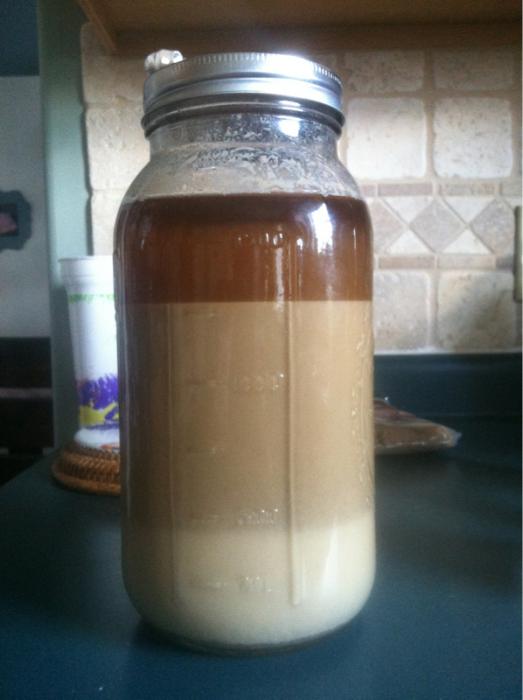JoeSpartaNJ
Well-Known Member
I have read up on washing yeast and plan on doing it for the first time.
My question is, can I rack beer off tonight and wash the yeast tomorrow?
Can I reseal the fermentor and start the washing tomorrow as I do not have any mason jars handy and would need to pick up tomorrow.
Thanks,
Joe
My question is, can I rack beer off tonight and wash the yeast tomorrow?
Can I reseal the fermentor and start the washing tomorrow as I do not have any mason jars handy and would need to pick up tomorrow.
Thanks,
Joe










































